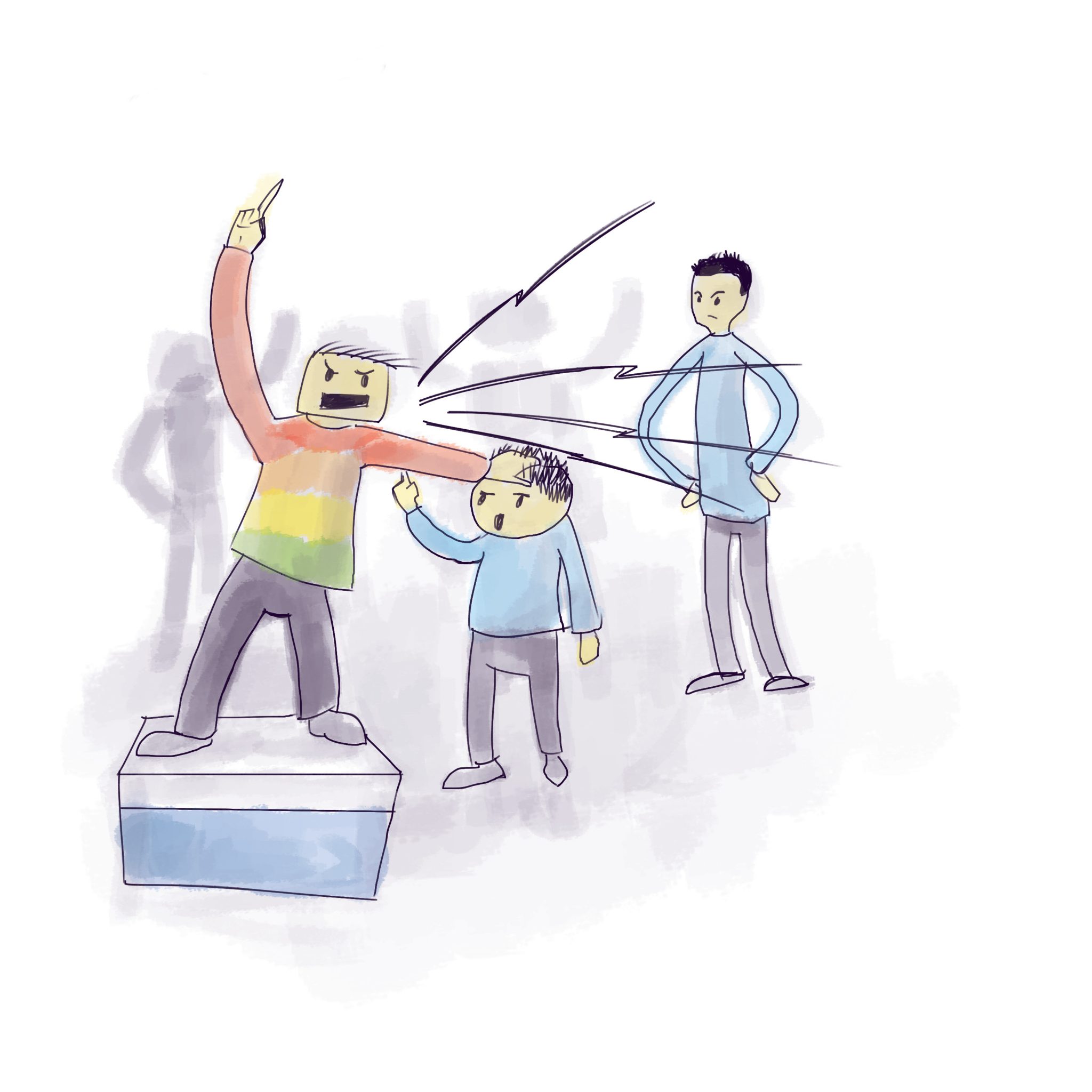Allyship isn’t as difficult as you think


When you think of an ally, who do you think of? What type of person do you relate the word ally to? Who do you imagine, as Mia McKenzie puts it, “is actively engaging in a practice of unlearning, re-evaluating and using their privilege and power to operate in solidarity with a marginalized group?”
If this person does not describe you, you may find that you my friend, are a part of the problem. According to trends.google.com, the definition of allyship has mostly been googled in Canada and the United States.
I’m not sure if this is something to be proud of in the sense that there is a thirst for knowledge or to be disappointed as it points to the bigger problems in our society. Instead, I will leave that for you to decide.
Whenever I find myself walking away from an event or a situation where I need to determine whether or not my sex or the colour of my skin negatively foreshadowed how the situation ended, I am confronted with a negotiation.
This negotiation comes as a self-reflection in identifying what could have made the situation better or worse. The sad part about this is that when the hypothesis above is proven to be true, I still feel like the loser.
I still feel the burden of having been born black and with female genitalia. Now, before you start to think that this is just another one of her rants, bear with me for a minute or two. Maybe you will find something in here that you never thought you needed.
With everything from #MeToo, #BlackLivesMatter, #BellLetsTalk to Dr. Blasey Ford, we would have all heard the word ally being passed around like maple syrup on Thanksgiving morning.
For some of us in marginalized communities, when used properly, allyship is something to embrace as its practice might very well be the determining factor in whether we live or die. Yes, it’s that serious.
With that said, I also know that there is a lot of hesitation for people to take on allyship.
I read an article by Sam Killerman, a white, cisgender male, where he said allyship feels like being in between a rock and a hard place especially when resistance comes from within the group you are allied with.
I do not wish to devalue his feelings and in fact, a couple weeks ago I would have called this bullshit. However, in thinking and talking about what it meant to be empathetic with marginalized groups and taking on a struggle as it were your own, I realized that there is no getting around the feeling of discomfort.
If you want to be an ally, you have to stop using your proximity to a friend’s lived experience as a scapegoat when you are being called in or called out. You have to be accountable.
When you embody what it truly means to be an ally, you realize that this discomfort is only a small fraction of the lived experiences of the very group you are considered an ally to.
So, when you find yourself being uncomfortable — it’s okay. What is not okay is expecting marginalized peoples to take your discomfort to the forefront of their battles.
Already, we have so many responsibilities in our marginalised communities to ourselves and those that identify as we do, that we simply cannot take on this role.
When you are practicing taking on our struggle, we are busy living that struggle. Therefore, a part of your practice is doing your research, taking time to build relationships, learning from your mistakes and holding each other accountable.
If you find yourself doing these things — great! If you find yourself doing these things just within marginalized communities, you are not doing enough.
If you find yourself saying “my friend is black, I can’t be racist,” or “I’ve been to a gay bar, I’m not homophobic,” you are not practicing allyship.
If you want to be an ally, you have to stop using your proximity to a friend’s lived experience as a scapegoat when you are being called in or called out. You have to be accountable.
In trying to practice better allyship and understanding my privilege too, it is here that I wish to mention that I am a black, cisgender female.
Some things I have witnessed first-hand because I am black and a woman, others have been through conversations with different marginalized groups, articles like this one, TEDtalks, YouTube, Twitter, etc.
The important thing here is that allyship does not have to be someone other than yourself.
Regardless of how you identify, the truth is we all have certain privileges and until we confront those privileges and know how they work
We will always find the discomfort in allyship as an excuse to not be in between the rock and the hard place.


